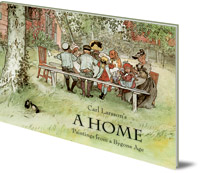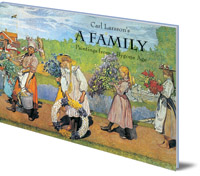The Parent Trap
Where, though, would the book market be without the misery memoirs that litter the shelves? If children had the ideal parents and nothing untoward ever happened, we would have a utopian society with nary a misery guts in sight. One large book chain came up with the idea of a "Painful Lives" shelf and the publishing industry often refers to this new genre as "Inspirational Lit". Though I would love to know why these readers are so inspired by tales of abuse, trauma and neglect, and yet... And yet I have to respect anyone who climbs out of hardship and suffering and lives to tell the tale. And, there is some comfort to those who have suffered in their own lives to read and identify with others who were in the same situation.
 An American writer who has written about her real-life experiences with damaged children is Torey L. Hayden. She was a special education teacher and I have read every single book she has written. She has written variously about autism, Tourette syndrome, sexual abuse, foetal alcohol syndrome, and her particular speciality, selective mutism. When I read her first book, One Child, in 1980, I felt I was there with her in the classroom, trying to reach this child who the world had practically given up on. Misery memoir? Definitely not, but that’s the section where you’ll find this excellent author.
An American writer who has written about her real-life experiences with damaged children is Torey L. Hayden. She was a special education teacher and I have read every single book she has written. She has written variously about autism, Tourette syndrome, sexual abuse, foetal alcohol syndrome, and her particular speciality, selective mutism. When I read her first book, One Child, in 1980, I felt I was there with her in the classroom, trying to reach this child who the world had practically given up on. Misery memoir? Definitely not, but that’s the section where you’ll find this excellent author.I think (you can never be sure) my offspring know that they can tell me virtually anything and I won’t fall apart: aghast, astonished, disappointed, accusing. I have learnt (I didn’t know this right from the start) to listen passively, keenly and not react like I would have when they were small: "Tell me who hit you and I’ll go and have it out with his mother"! I used to think they wanted someone to yell and shout and demand retribution so they’d know they were loved and protected. Well, I was wrong. I have learnt to keep my emotions to myself most of the time and just be a sounding board; it’s not easy. Sometimes I think my heart will break but luckily I’m made of sturdier stuff. Sometimes I can’t sleep for thinking and worrying. Most times I cut off and get on with my own life.
I’d hate to be that little old lady spending her twilight years worrying about her kids – but apart from my heirs and graces all living blissful, fulfilling, healthy lives, I probably will!
Labels: daughters, Experience, parents, sons, teachers, Torey L Hayden
















